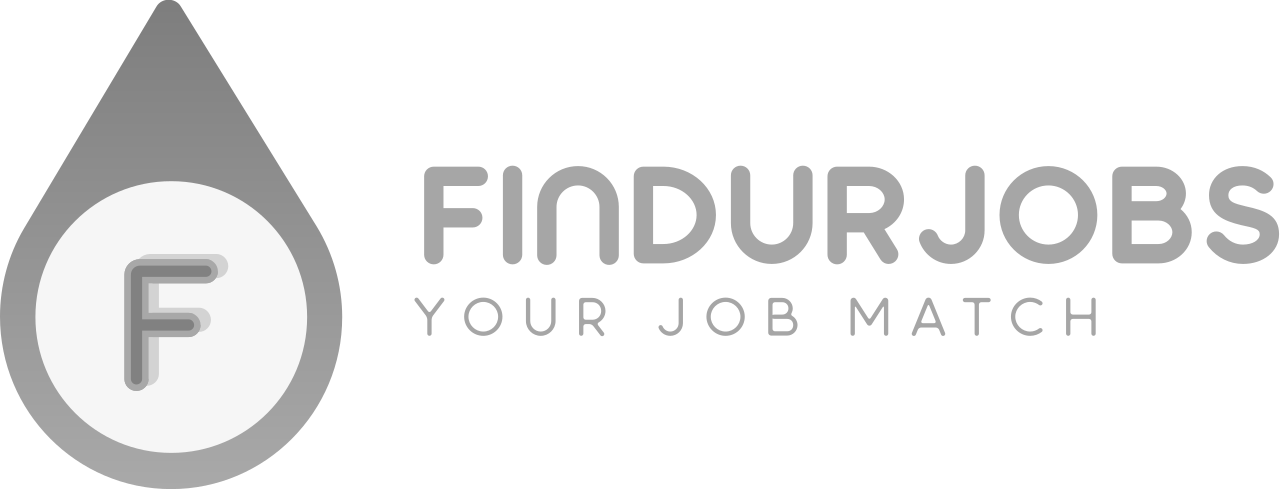Worldwide Jobz
Should You Be Guaranted A Job By Feds ?
What should the president do about positions?
For a very long time, Democratic organizations have moved toward the inquiry by zeroing in on the general economy and believing that a lively work market would follow. In any case, there is a developing inclination among Democrats — alongside numerous standard business analysts — that the market alone can’t give laborers a fair arrangement.
So after a wellbeing emergency that has annihilated huge number of occupations, a late spring of metropolitan dissent that caused to notice the hardship of Black people group, and another official political race that uncovered profound monetary and social partitions, some policymakers are rethinking a strategy device not sent since the Great Depression: to have the national government give occupations straightforwardly to any individual who needs one.
By all accounts, the legislative issues appear as stuck as could be expected. Representative Cory Booker, the New Jersey Democrat, presented bills in 2018 and 2019 to set up test cases programs in 15 urban communities and locales that would extend to preparing and an ensured employment opportunity to all who looked for one, at government cost. The two endeavors fizzled.
What’s more, after reformist Democrats in Congress proposed a government occupations program as a feature of their Green New Deal in 2019, Representative Liz Cheney of Wyoming, the No. 3 House Republican, asked, “Would you say you will give the public authority and some anonymous civil servants who sit in Washington, D.C., the position to settle on those decisions for your life?”
However, with regards to government intercession in the economy, the political boundaries have moved. A framework that dismissed passing a $1 trillion boost after the monetary emergency of 2008 had no issue passing a $2.2 trillion salvage last March, and $900 billion more in December. President Biden is pushing to enhance that with a $1.9 trillion bundle.
“The limits of strategy talk broadened a lot as a result of the pandemic,” said Michael R. Strain, a business analyst at the American Enterprise Institute, a moderate research organization.





